
Can you imagine your life without social media? It’s pretty hard to visualize, right?
Even though the first social media was launched in 2004, it seems like it’s been with us forever. Today, social media is ubiquitous and has become integrated in our lives in a multitude of ways.
We use it mostly to stay in touch with friends and extended family. Others use it for a mixture of leisure and work, including finding jobs. It’s also useful for staying updated with relevant news and events.
However, it’s not all roses. Excessive use of social media has been linked to poor self-image, anxiety, depression, loneliness, and even poor sleep.
Given that social media is unavoidable, how do you strike a healthy balance, and make sure your mental health doesn’t suffer? Read on to find out the harmful effects of social media, and how you can use social media in a healthier way.
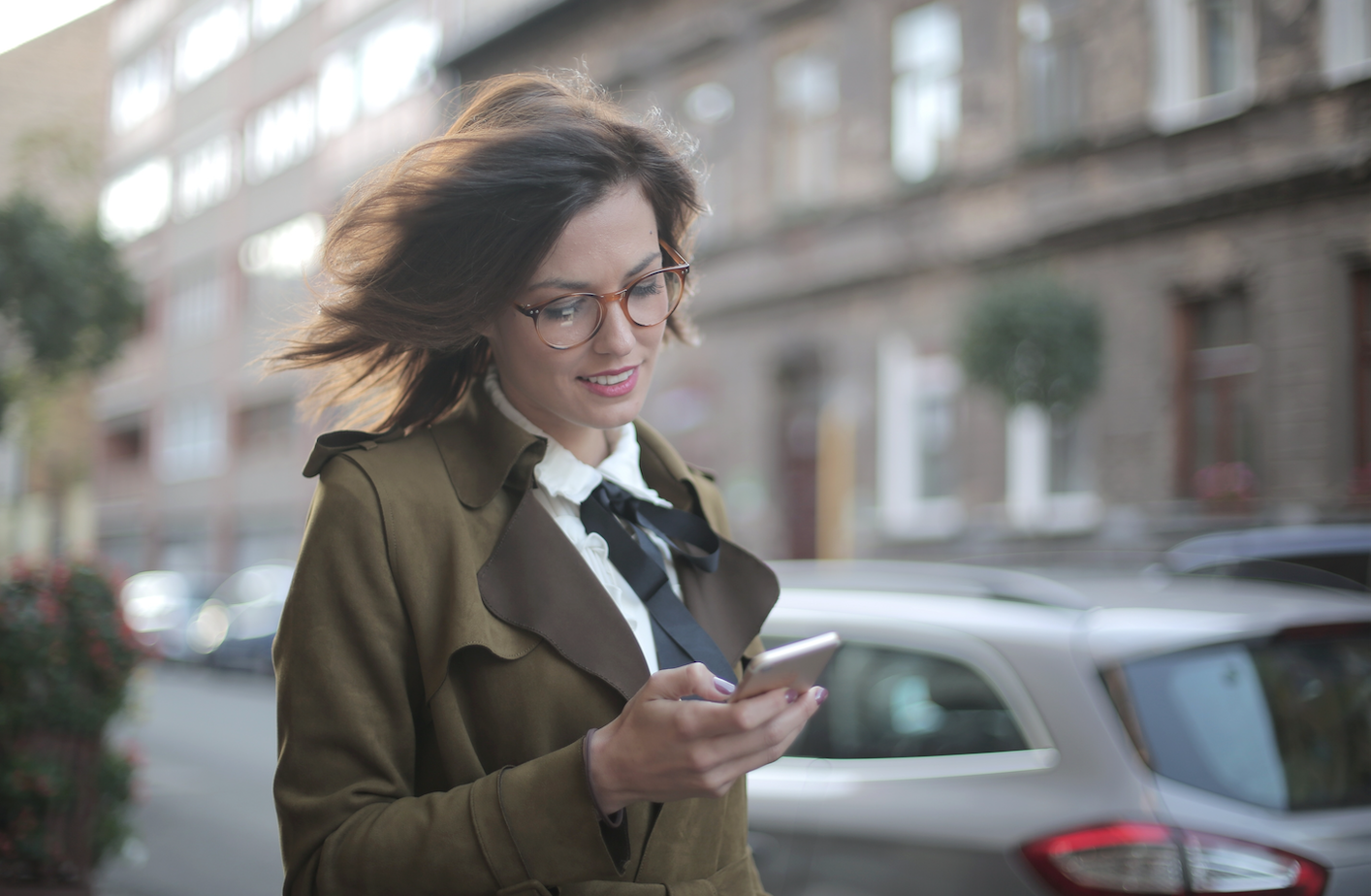
How is social media harming mental health?
“Social media is a double-edged sword,” says Neha Chaudhary, MD, child and adolescent psychiatrist at Harvard Medical School.
On the one hand, human connection is great for us. It combats loneliness, and boosts self-esteem and happiness
On the other hand, excessive use can lead us to forego the real world and real-life interactions.
Scrolling through feeds of people living beautiful lives presented in filtered posts can lead to comparing and being jealous of others, and the feeling that we are inadequate.
Of course, in truth, these social media influencers perpetuate the illusion of perfection, never showing the “downs,” just the “ups.”
Social media can turn us in over our heads, and make a roller-coaster of our emotions. When we spend so much time on social media, it’s hard to take a step back, and see the great things going for us.
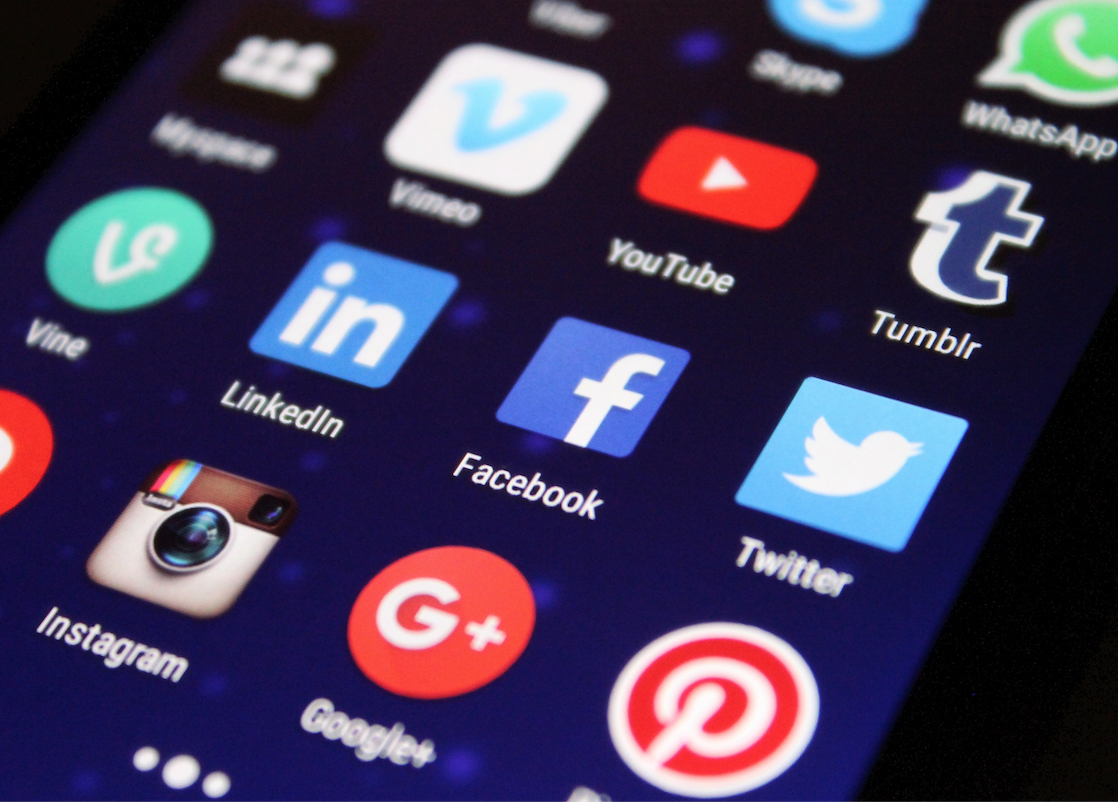
Is social media addictive?
Social media was built and programmed to lure you in and keep you there. This is how Facebook, Instagram, Snapchat, and TikTok stay profitable.
It starts out pretty harmless, probably with just you checking out your feed a few times. But before you know it, the hours add up. One study found that people interact with their smartphones a massive 2,617 times a day!
Social media sites study your online behavior, primarily what you like based on your search history. Facebook’s algorithm, for example, will determine what you’re most interested in, and keep showing those content to you.
This explains why we tend to “doomscroll” or the act of scrolling mindlessly and continuously. Social media also perpetuates FOMO, or the fear of missing out, urging us to keep on checking our accounts to see what’s happening in real time.
Experts like comparing social media to smoking, or gambling. The symptoms are similar. When you get a like, share, or an emoji, the brain receives a flood of dopamine and feelings of being rewarded.
Similarly, social media can be used as a coping mechanism to relieve stress, or sadness. Chasing that reward system, excessive social media use could become a vicious cycle.

Things to do instead of social media
To exacerbate things, tech companies have created so many gadgets for us to stay connected to our social media feeds. There’s our laptop, smart phone, and the smartwatch (what else could they think of?)
In this age of hyper-connectivity, there’s no escaping our gadgets and the constant pings and notifications.
But fret not, here’s a simple way you can stop using social media from controlling you. And it’s as simple as this: less scrolling, more living.
Think about what motivates or triggers you to look at social media. Once you’ve identified your motives, look for activities to replace social media.
If you use social media to connect to people
Missing your grandma? Thinking of one of your besties? When you’re longing for human connection, there are other ways to reach out to people, beyond comments and likes. Here are some ideas.
- Call them—whether audio or video call. There’s nothing like hearing their voice, and seeing their faces.
- Go to your favorite café. Besides letting the barista make your regular brew, have a chat and go beyond the “how are you?”
- Have dinner with your friends. Check out that new restaurant in town together. Conversations over a great meal are best.
- Finally say yes to that friend who’s been asking you to join their biking group.
- Volunteer for a group or a cause you believe in.
- Bake a batch of cookies, and share it with your neighbors.
- Join a fitness class—whether in-person or via Zoom.
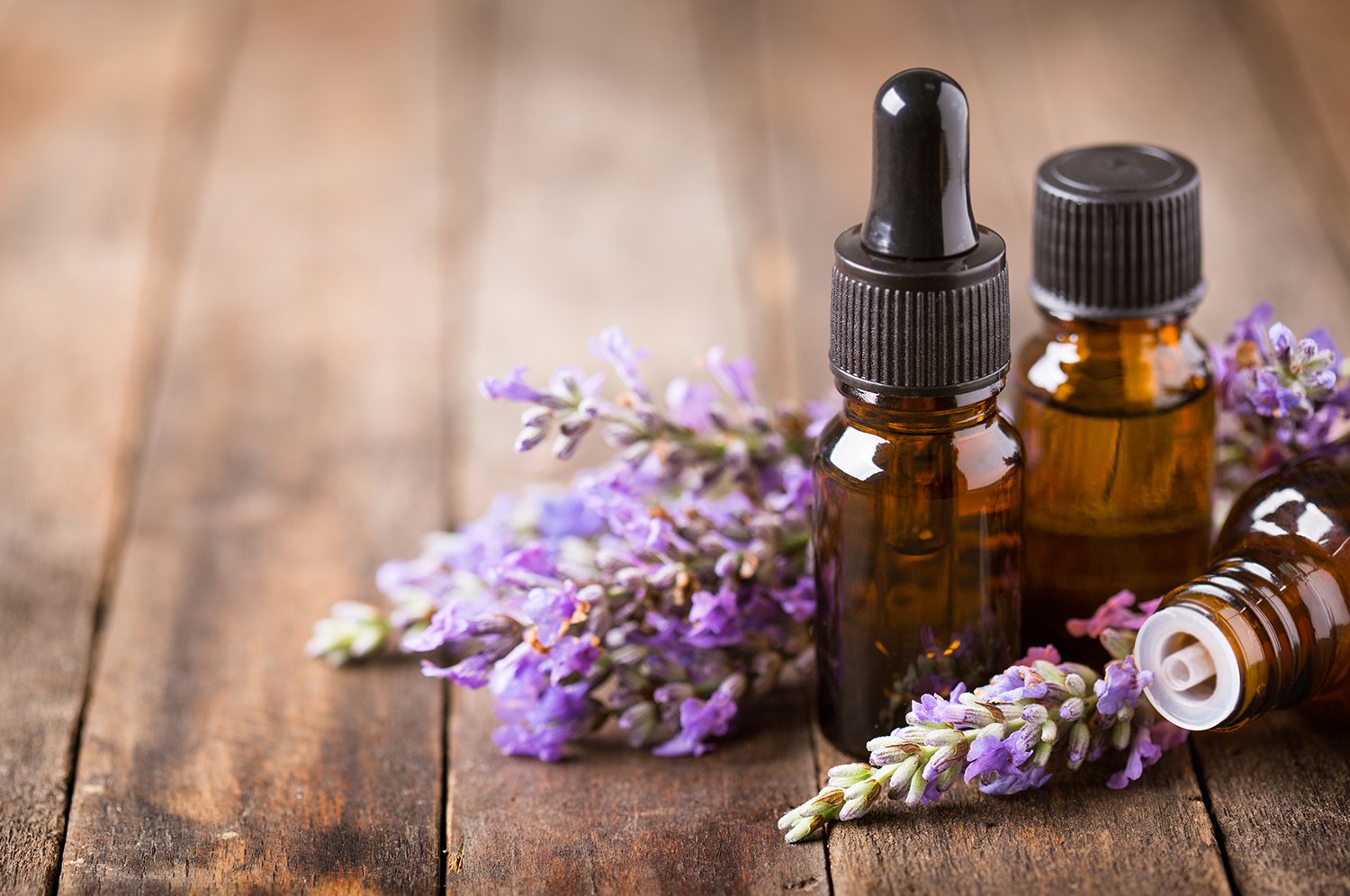
If you use social media to relax or unwind
During work breaks, unplug from your phone and make your breaktime worth your while.
- Play some music and sing or dance.
- Light some aromatherapy candles and meditate. (READ: The Health Benefits of Aromatherapy)
- Read a book (a printed book, not an e-book on your phone!)
- Try coloring. It helps relax your brain.
- Go for a walk.
- Have tea and enjoy every sip. (READ: 7 Reasons Why Tea is Considered an Elixir to a Longer and Healthier Life)
- Play with your pet. Studies show having pets is good for your mental health.

If you use it for amusement or entertainment
Instead of binge-watching funny videos and memes, you can:
- Attend a real live concert (the world has opened up to staging events again, ahem!)
- Go to your favorite café and read a good book.
- Try gardening. How about starting your own herb garden?
- Pursue a new hobby, like making plush toys, or cooking.
- Learn martial arts.
- Watch a movie in the cinema.
- Have a date with your dogs, bring them to a pet café.
- Play a board game with your friends and family.
Real-life and human experiences can never measure up to Instagram stories, or photos and captions. Start living your life, without the reins of social media holding you down.
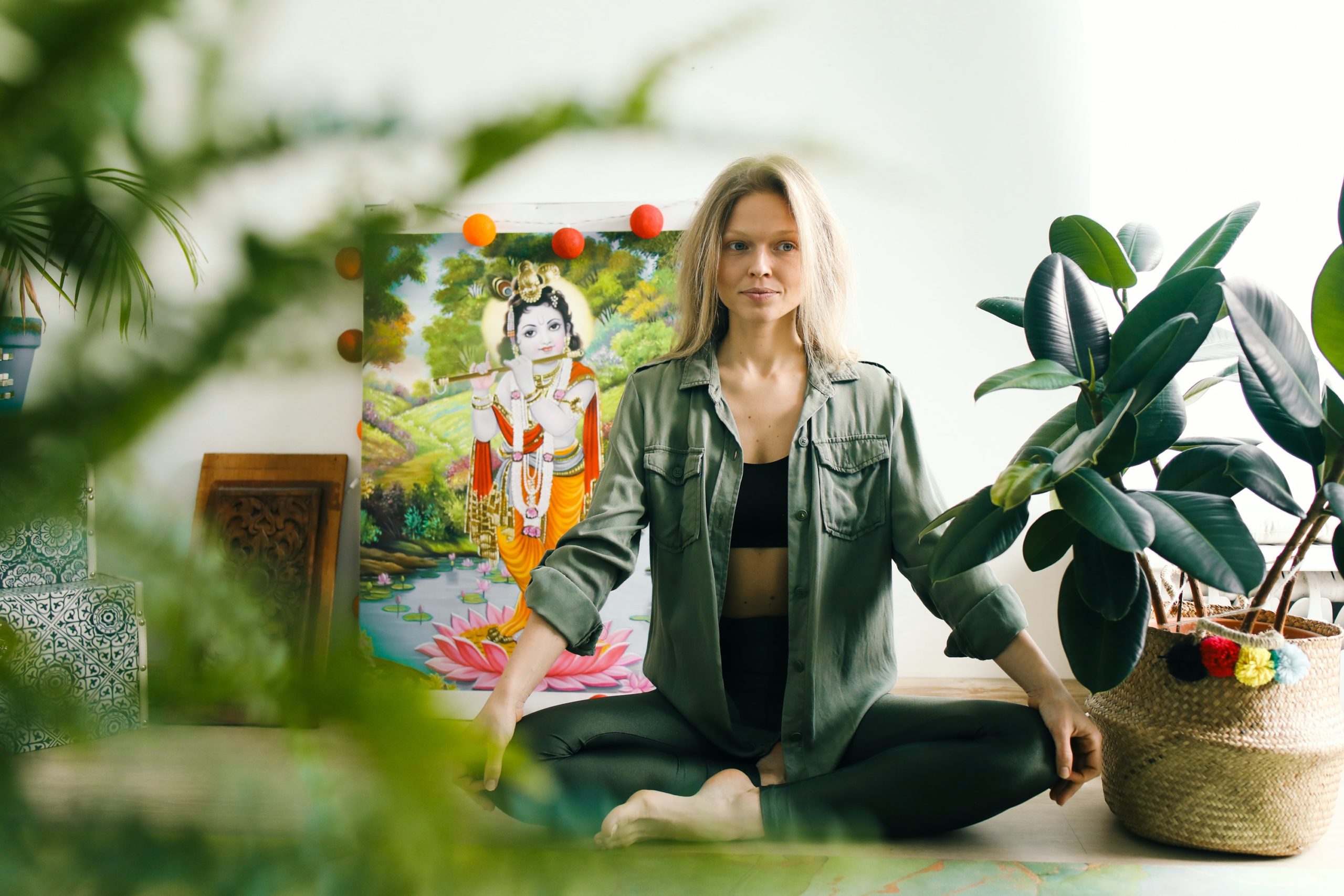
Practice mindfulness
The biggest drawback in using social media frequently is that it pulls us back from living our life in the present moment, right where we are, with the people we are with.
If we want to live a life of intent and purpose, we need to start doing things mindfully, and this applies to our social media use as well.
Try this: if you are about to look at your account, set your intention first. Ask yourself, why do you want to check your Instagram?
When you give yourself a moment before you act, you will realize you’re using social media to either to distract yourself from a hard task at work, or because you’re feeling bored or sleepy.
If the former is true, then consider making coffee to help you focus. If it’s the latter, then taking a nap is a better idea than scrolling through Instagram.
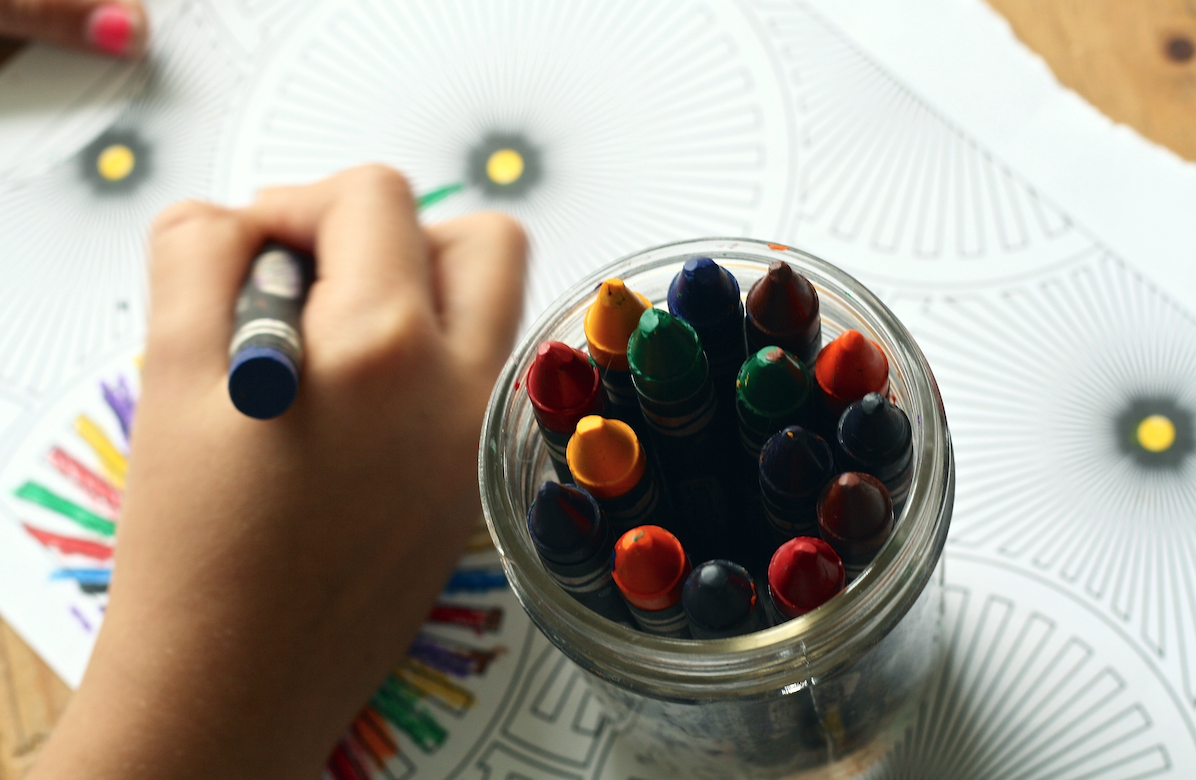
Other helpful tips to disengage from social media
Use social media limiting apps Download an app or change your settings to track your social media usage. This way, you will have a baseline and work up a healthier habit from there.
Schedule a specific time each day for social media use. This well help control your impulse and discipline yourself. Write it down on your journal, or set an alarm for it, and follow it to a tee.
Turn off notifications. Those dopamine shots you like? Remove them from your life by turning off notifications for likes and notifications—whether it be your Facebook, or your email.
Place your phone as far from you before you go to sleep. Do this for a week, and observe how the quality of your sleep improves. Scrolling on your phone right before you sleep restrains the production of melatonin, the hormone that helps you fall asleep.
Schedule a social media detox. Get away for the weekend and unplug. Breath fresh air and do something fun. You’ll feel so much better.
Lastly, don’t be too hard on yourself. A little goes a long way. If you’re struggling, that’s okay. Also, instead of quitting social media cold-turkey, do it with baby steps. Week 1, you could reduce usage for about an hour, week 2, two hours and so forth. Be kind to yourself. Know that it takes about three weeks for you to feel the full benefits of limiting social media use.
And just in case things gets overwhelming, make this your mantra or write it down and paste it in front of your work desk: less scrolling, more living.
Tags
References:
Health Cleveland (November 5, 2020). 8 Signs You Need to Take a Break From Social Media. https://health.clevelandclinic.org/signs-you-need-to-take-a-break-from-social-media/
Ukiomogbe, J. (December 23, 2021). How to take a break from social media, and why it’s so important, according to mental health experts. https://www.insider.com/guides/health/mental-health/taking-a-break-from-social-media
Wade, D. (May 2, 2022). The Benefits of a Social Media Break, Plus 30 Things To Do Instead. https://www.healthline.com/health/mental-health/the-benefits-of-a-social-media-break-plus-30-things-to-do-instead
University of Bath. (May 6, 2022) Social media break improves mental health, study suggests. https://www.sciencedaily.com/releases/2022/05/220505213404.htm
Lee Health. Are You Addicted to Social Media? https://www.leehealth.org/health-and-wellness/healthy-news-blog/mental-health/are-you-addicted-to-social-media


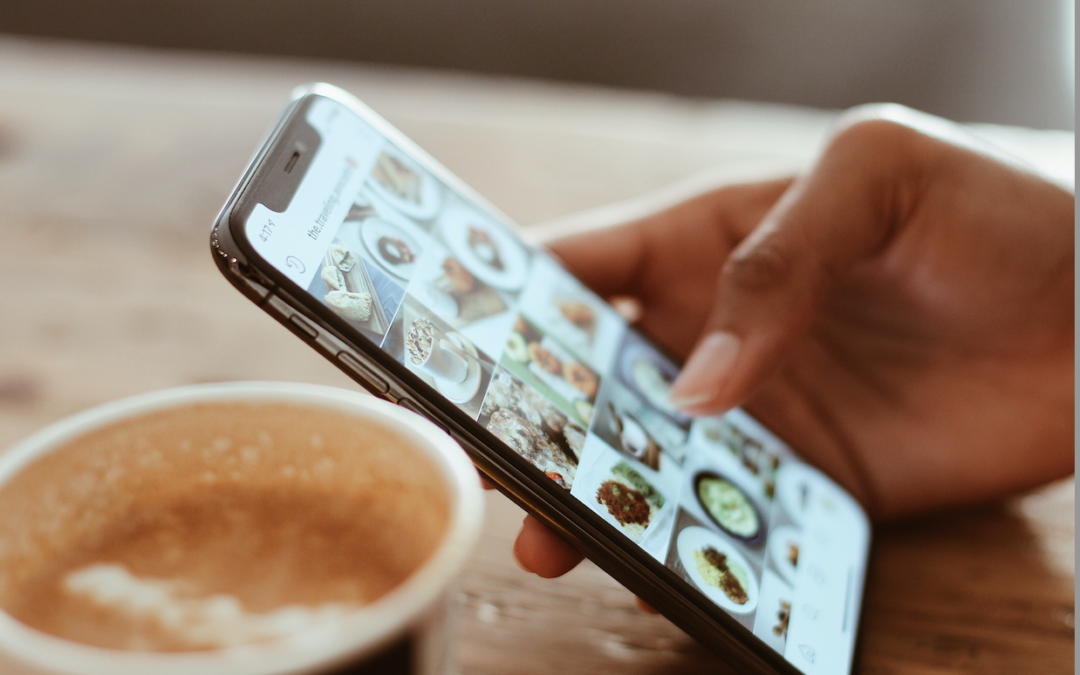
0 Comments
Trackbacks/Pingbacks